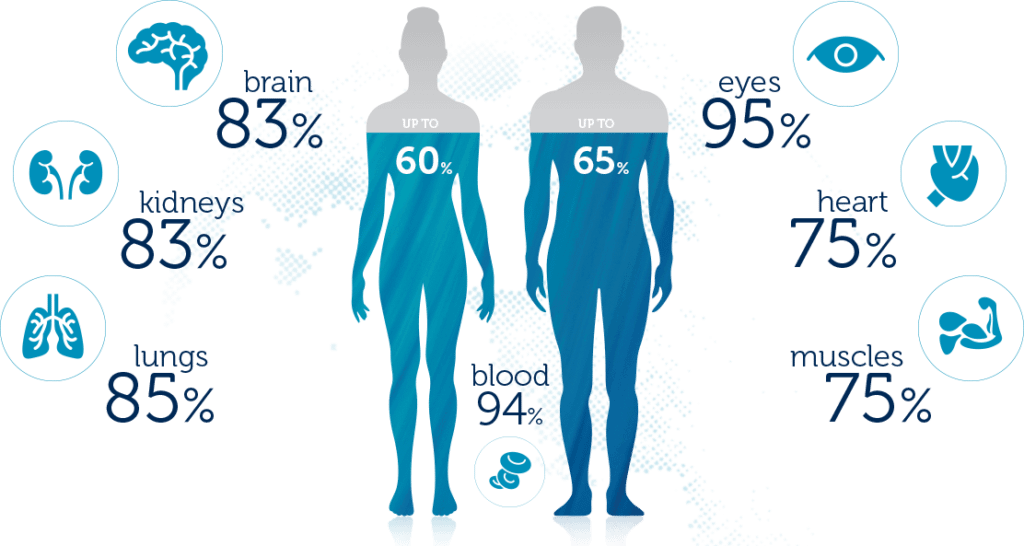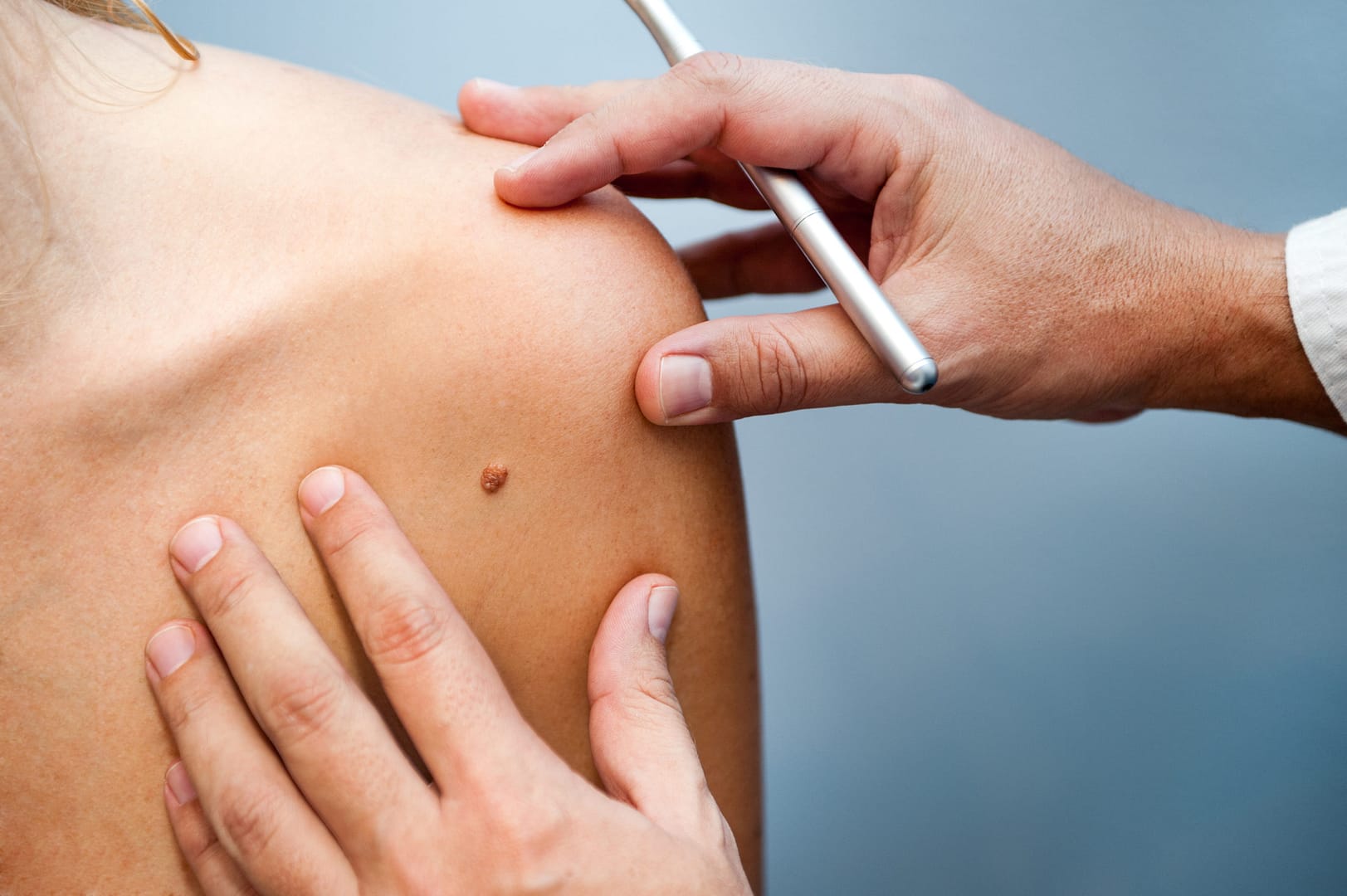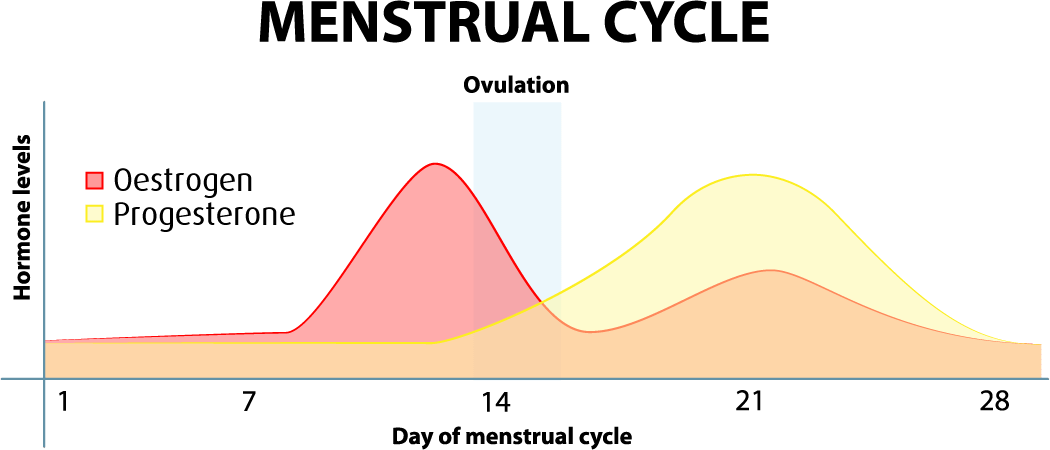For many years, Attention Deficit Disorder (ADD) and Attention Deficit Hyperactivity Disorder (ADHD) have been on the rise. Although there are many hypotheses and research studies being conducted as to why it occurs and the best treatment options, schools of thought can agree on one thing: the brain of a person with ADD/ADHD just doesn’t fire off neurotransmitters like other people, causing hyperactivity, lack of focus, decreased concentration, increased risk for injuries, poor social skills and decreased academic performance. While foods and environmental toxins have been the most theoretically identified causative factors, no one is quite sure yet why some individuals are more susceptible to either condition.
With the cost of health care rising and no foreseeable decline in the rates of ADD/ADHD, it’s important to be proactive in naturally treating these conditions. Let’s start with nutrition, what to avoid at all cost? Dr. Frank Barnhill, MD, and author of “Mistaken for ADHD” states “Excessive caffeine and excessive use of fast foods and other foods of poor nutritional value can cause kids to display behavior that might be confused with ADHD,” (Myers, 2014). Candy, soda, frozen fruits and vegetables (due to possible food preservatives and color additives), cake mixes and frostings, energy drinks, fish such as shark, king mackerel, swordfish, and tilefish (due to higher amounts of mercury), and some foods containing wheat, soy, chocolate, oranges, and milk can contribute to symptoms of ADD/ADHD.
So what’s a person to do? Richard Sogn, MD, says to feed the brain healthy fats and proteins (WebMD). Focus on real foods, and fuel the brain with complex carbohydrates, including beans, cheese, eggs, meat, and nuts; fresh vegetables and fruits; and incorporate healthy sources of omega-3 fatty acids, such as tuna (but limit this to 1-2 times per month and only purchase cans made in the U.S.A.), salmon, cold-water white fish, walnuts, Brazil nuts, and olive and canola oil. The brain is made up of fats; therefore healthy sources of fats such as the ones listed above will lubricate the brain tissue and enhance conductivity of nerve impulses.
Most of today’s foods are nutrient depleted, so although you don’t need to run out and buy everything 100% organic, do try your best to incorporate as many whole foods in your diet as possible. Grass-fed beef and pork; cage-free chickens, turkeys, and eggs; wild-caught fish; organic milk, fruits and vegetables; and gluten-free or sprouted grains are the best first line foods to heal and repair the body. They are free from potential poisons found in herbicides, pesticides, and growth hormones that can radically interfere with the body’s built in detoxification system in the liver. An accumulation of toxins will over time lead to bodily and mental decline, and wreck havoc on the brain, exacerbating symptoms of ADD/ADHD and alter cellular function.
It’s not a bad idea to also discuss using a high-concentrate purity tested fish oil and broad spectrum probiotic with your health care practitioner. Fish oil has been shown to enhance cognitive function, decrease the tendency for inflammation, and improve nervous system function. A broad spectrum probiotic or one specifically designed for children aides in digestion and absorption of key vitamins and minerals in the gut, including vitamin D, magnesium, potassium, zinc, and many others. These essential elements assist the body in many cellular processes, and without them cellular chaos can ensue, leaving the body nutritionally deficient.
While there are no clear cut solutions to the ADD/ADHD growing epidemic, there are natural alternatives, such as whole food sources and nutraceuticals that can relieve symptoms of these conditions. Limiting exposure to simple carbohydrates, removing food additives and colorings, and consuming wholesome foods nourishes the body and mind. Working alongside the traditional medical model for treating ADD/ADHD can greatly enhance the quality of life that people with these conditions have. Remember to always consult your healthcare professional before starting any new treatment option and never stop your medications without a physician’s supervision.
Contributed by Terri Caunt R.N., B.S.N.
Bibliography
Myers, W. (2014, April 8). ADHD 7 Terrible foods for ADHD. Retrieved September 15, 2014, from http://www.everydayhealth.com/adhd-pictures/how-food-can-affect-your-childs-adhd-symptoms.aspx#01: http://www.everydayhealth.com/adhd-pictures/how-food-can-affect-your-childs-adhd-symptoms.aspx#01
Prevention, C. f. (2013, November 13). CDC – ADHD, Data and Statistics – NCBDDD. Retrieved September 9, 2014, from Centers for Disease Control and Prevention: http://www.cdc.gov/ncbddd/adhd/data.html
WebMD. (n.d.). ADHD Diets for Children and Adults. Retrieved September 9, 2014, from WebMD: http://www.webmd.com/add-adhd/guide/adhd-diets







